Pepperl+Fuchs offers a New Dynamic Inclination Sensor with Unique Angular Stability
November 10, 2022 2:12 pm
The new IMU F99 inclination sensor from Pepperl+Fuchs provides reliable inclination values for dynamic application.
Have you ever tried to hang a picture horizontally using a spirit level? Yes, it’s easy — the bubble of the spirit level indicates when the picture is hanging horizontally. Have you ever tried to keep the bucket of a wheel loader horizontal while the machine is accelerating, braking, or travelling over a gravel path or potholes? No, of course not — neither a spirit level vial nor even a static inclination sensor is able to provide a meaningful value in this case! The new IMU F99 inclination sensor from Pepperl+Fuchs provides reliable inclination values for dynamic applications like these because it is able to immediately filter out external interference (e.g. potholes). The unique software adjustment via CAN bus also ensures excellent angular quality, even when the driving behavior of machines varies greatly.
Static inclination sensors quickly reach their limits when used with machines that move dynamically, such as wind turbines, AGVs, and machines used in construction, agriculture, and forestry. This is because static inclination sensors detect a change in angle based on gravitational acceleration that is always on the same axis. Any additional accelerations triggered, e.g., by braking or travelling over a pothole, cause significant interference which makes reliable angle measurement impossible.
The IMU F99 dynamic inclination sensor has been specially developed for this type of application. At its core, rotation rates and acceleration are both measured in all three spatial directions and are then merged in the intelligent algorithm to produce an angle value. This makes it possible to achieve a reliable angle output. Nevertheless, it is clear that the different types of machine movement mean that the rotation rate and acceleration need to be merged in a way that is adapted to the particular machine. Pepperl+Fuchs therefore offer a unique and user-friendly adjustment setting so that position measurements can be performed on a wheel loader, bulldozer, crane, etc., using just one device.
The IMU F99 also provides the rotation and acceleration rates for each of the three axes in parallel to the angle output. This means that the product can be used in a wide range of applications. For example, the device can be used to determine the rotation speed of wind turbines. At the same time, it can also monitor the blade acceleration rates, which may fluctuate when unwanted ice forms on the blades. In this way, it is possible to control rotation speed and perform predictive maintenance on the wind turbine.
For more information, visit: www.pepperl-fuchs.com
Cookie Consent
We use cookies to personalize your experience. By continuing to visit this website you agree to our Terms & Conditions, Privacy Policy and Cookie Policy.



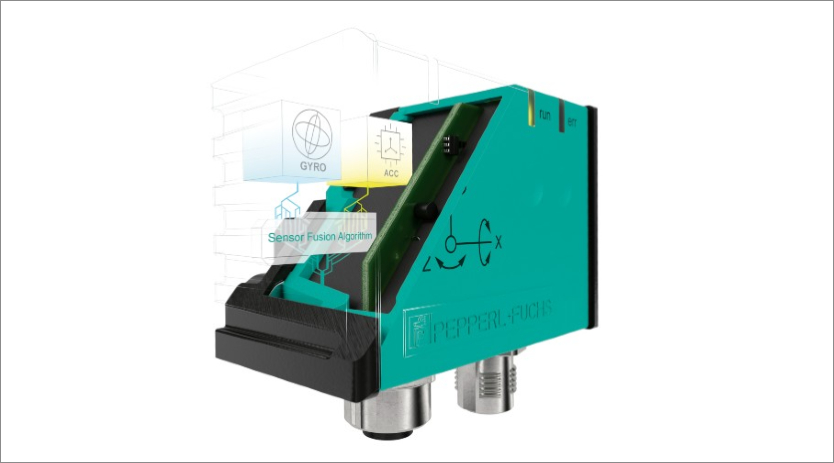

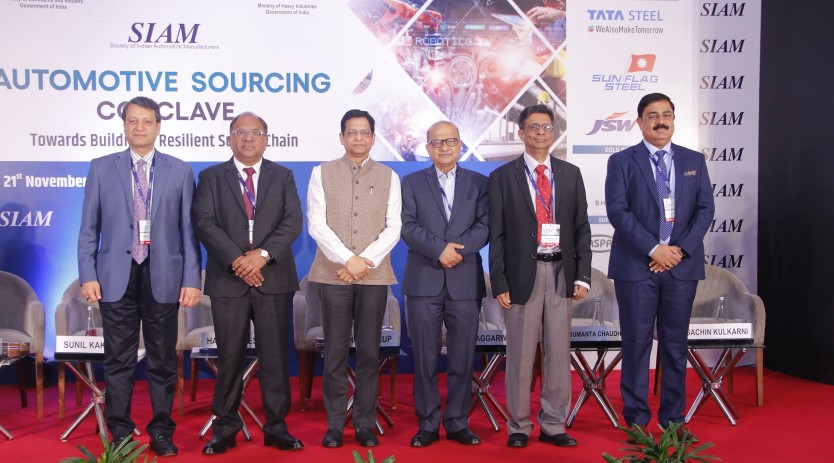



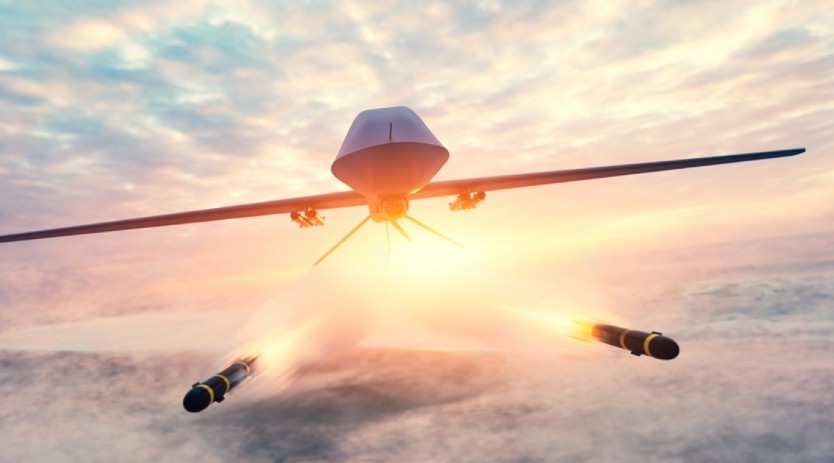
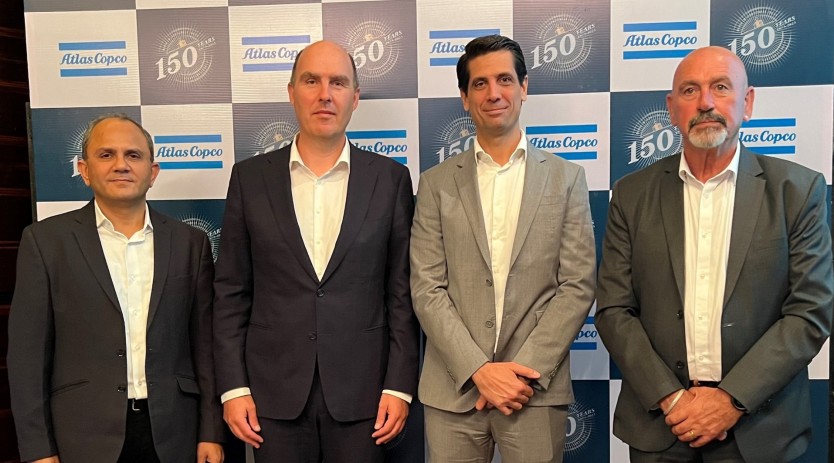
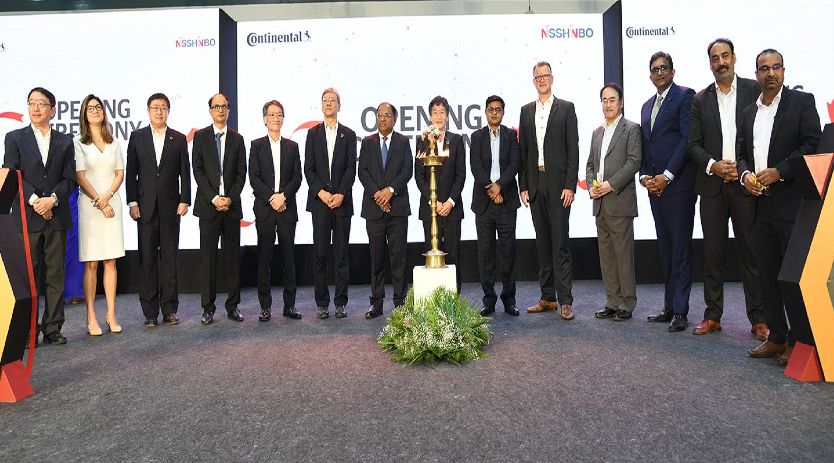

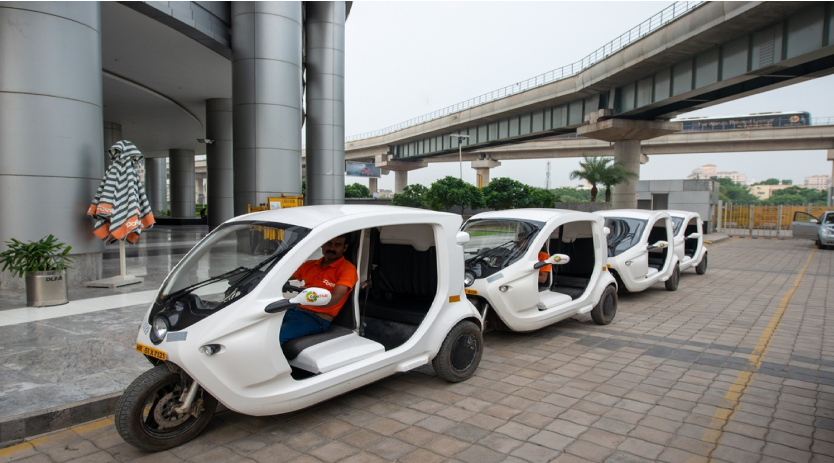





 English
English Hindi
Hindi